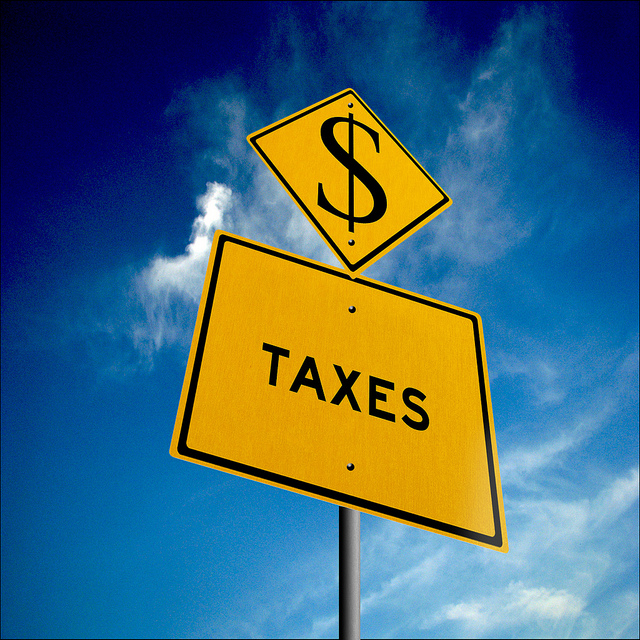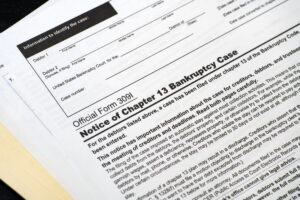I was meeting with a potential client the other day and trying to solve a puzzle. He owed a significant amount of back taxes, but his income was also high enough that it appeared that he would need to file a Chapter 13 bankruptcy. Despite a relatively high income, he also had household expenses (including a large child support obligation) that was eating up most of his disposable income. He also appeared to be over the unsecured debt limits for Chapter 13 bankruptcy. At that point, filers will have to consider Chapter 7 bankruptcy or Chapter 11 bankruptcy. However, one’s income still has to come within the limits for Chapter 7, and Chapter 11 bankruptcy can be very expensive.
After going over what his other debts were, it finally occurred to me that more than half of debt was from taxes. Perfect! I thought. Now I had a solution. Filers are not required to complete the means test for Chapter 7 bankruptcy if their debts “are not primarily consumer debts” (see Section 1B on Form B 22A).
Consumer debts are debts “for a personal, family, or household purpose.” Taxes are not considered consumer debt. So as long as your tax debt is at least 51% of your total debt (for example, you owe $100,000 overall and $51,000 in income taxes), you don’t have to complete the means test. The means test is the formula that the Bankruptcy Code requires filers to use to determine their eligibility for Chapter 7 bankruptcy or how much they’ll have to pay in a Chapter 13 bankruptcy. Since he didn’t have to complete the means test, his income didn’t have to be within the Chapter 7 limits.
What that meant for this potential client is that he could file Chapter 7, get rid of all of his dischargeable taxes (some taxes we can get rid of, some we can’t) and other dischargeable debt and then negotiate a settlement with the IRS for those taxes we can’t eliminate. It also meant that he’d be on the road to a new financial start much sooner. The typical Chapter 7 process lasts about four months. A Chapter 13 can last up to five years.
If you’re thinking about bankruptcy, consider talking with an experienced Colorado bankruptcy attorney who can thoroughly analyze your financial situation and offer advice on your best solution. We hope you’ll come in for a free, no-obligation consultation with a bankruptcy lawyer in our Denver office. You can schedule an appointment by calling 303.331.3403 or using our online scheduling system.



